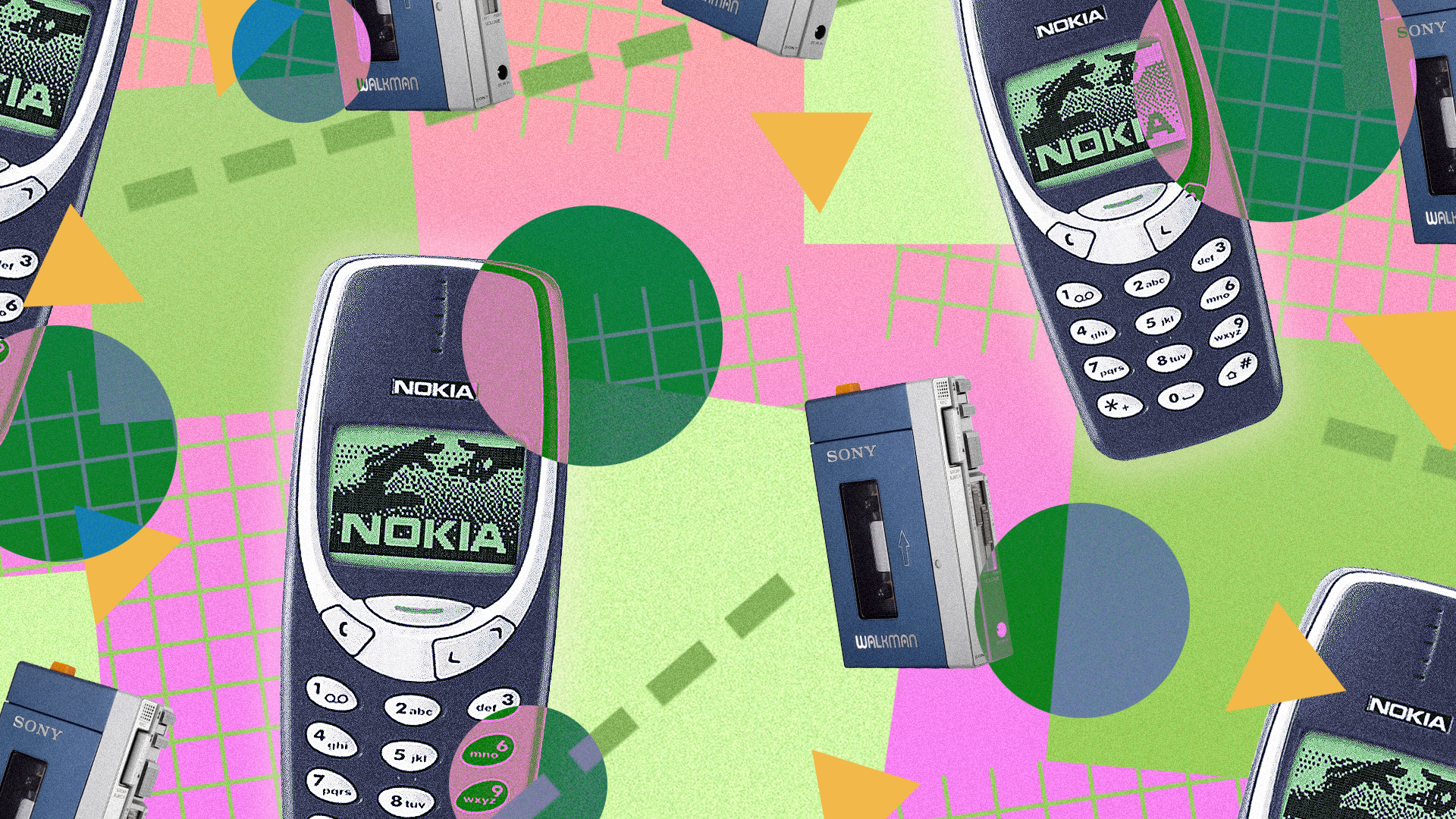Let’s start with the obvious argument in favour of embracing the brick phone.
Most of us have at least one lived experience with posting something embarrassing on social media after a drink or two.
The temptation to upload numerous photos or videos, write an opinionated tweet, or speak our mind to an ex-friend or lover can become overwhelming when our usual filter has taken a back seat.
It also goes without saying that a typically ignored ‘U up?’ text sounds a lot more inviting when boundaries become blurred by tequila. This is best described in a TikTok video with over 3 million likes, where a brick-phone-wielding Gen Z user said:
‘[My friend group] realised that every single problem that we have on a night out, everything that leads to us crying, everything that leads to us having a bad hook-up, everything that leads to us having a bad time, stems from our phone while we’re out.’
Though admittedly convenient in day to day, a myriad of means for communication such as WhatsApp messaging, FaceTime, and image-sharing apps like Instagram, Snapchat, or BeReal can become especially difficult to ignore on nights out.
By palming a brick phone, young people still have the ability to communicate via SMS and phone call, but without any add-ons. With unnecessary apps removed from the equation, the likelihood of remaining fully present in the moment is higher.
It’s also worth noting that most have a low-res cameras that still allow for capturing photos and videos, but lack the software required to post them right away. No Wi-Fi? No problem.
Another bonus is that although these phones are basic, their price range sits at around £30.
This is a key point, as one of the main fears behind owning an expensive smartphone is the possibility of breaking or losing it. Aside from being a total pain to repair or replace, the financial and security risks posed by accidentally leaving an iPhone behind can be very real.
If not sealed with a unique password (those who use ‘1234’ might want to get a little more creative) most lost smartphone owners will need to renew bank cards linked to ApplePay, change personal account passwords, and remotely wipe all media content stored on the device.
For individuals privy to forgetting their phones in nightclub bathrooms, atop bar counters, or – perhaps the worst – in the cab ride home, brick phones can act as a pretty decent insurance policy.
While I’m loving the idea of young people abandoning their smartphones to embrace a distraction-free night out, we can’t ignore that there are major benefits to bringing one along.
Most devices have built-in trackers to help locate them when they’re misplaced. With location-sharing features switched on, it’s far easier to keep tabs on friends who tend to get separated from the group.
An additional layer of security is added by smartphone apps that make getting home and keeping track of spending possible. You can’t exactly order an Uber or log into online banking on a Motorola Razr.
On these grounds, city-dwellers might not be able to part with having access to apps like Citymapper. Most Londoners who want to avoid missing the last train home will be worse off without them.
Still, whether or not ‘brick phones in the club’ becomes a social norm, the trend itself shows that young people are in favour of disconnecting from smartphones and the buzz of their many notifications. And that isn’t exactly a bad thing.
Long live the flip phone.




















